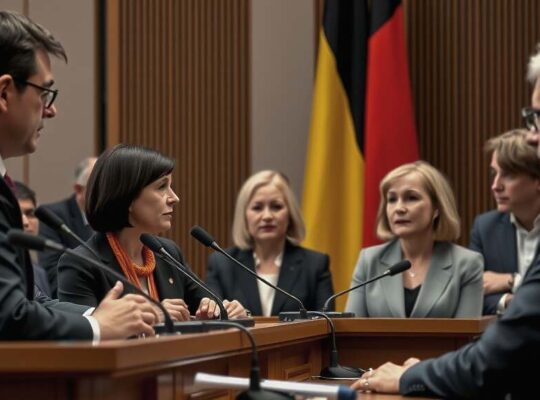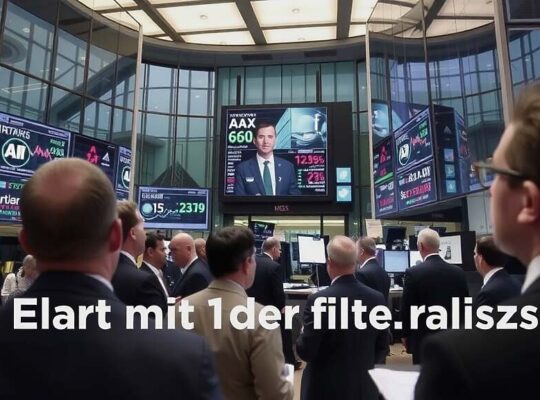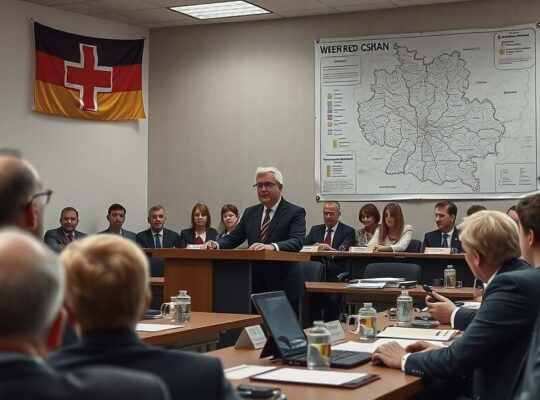The chair of the German Confederation of Trade Unions (DGB), Yasmin Fahimi, has voiced concerns regarding the ongoing debate surrounding the potential ban on internal combustion engine vehicles. She argues that repeatedly altering target dates creates uncertainty and undermines planning, stating it is counterproductive to establishing a clear path forward.
Fahimi emphasized the need to prioritize the expansion of electric mobility through targeted incentives. She proposed tax breaks, particularly focused on lower-income households, as a viable option, drawing a comparison to the “social leasing” programs implemented in France. Alongside this, she stressed the critical importance of accelerating the rollout of charging infrastructure and ensuring price transparency at charging stations. The automotive industry also bears a responsibility, she added, to develop and offer affordable, electric compact cars.
Expressing disappointment with the economic policies of the current German government, Fahimi cautioned against misplaced priorities. She warned of a potential loss of industrial substance, potentially leading to significant and lasting damage to the national economy. Instead of focusing on debates surrounding welfare benefits, she urged a swift implementation of investments from the designated special fund.
Fahimi criticized the government’s proposal to lower corporate tax rates from 2028, arguing that a broad-based tax cut is an inefficient distribution of resources. She advocated for a proactive industrial policy – one that provides targeted support to encourage investment and protect local jobs and facilities.
To provide companies with the necessary planning certainty, Fahimi called for clear direction on power plant strategies and the development of hydrogen infrastructure. Lowering energy prices through an industrial electricity tariff and maintaining free CO2 certificates for energy-intensive industries were also highlighted as crucial steps.
Furthermore, Fahimi strongly criticized the plan by Minister for Economic Affairs, Katharina Reiche, to abolish fixed feed-in tariffs for new and small photovoltaic installations. She described this as a grave error that would damage the acceptance of the energy transition, discouraging consumer participation and potentially encouraging a return to fossil fuels. She underscored that access to affordable solar power benefits both individual consumers and the broader sustainability effort.












